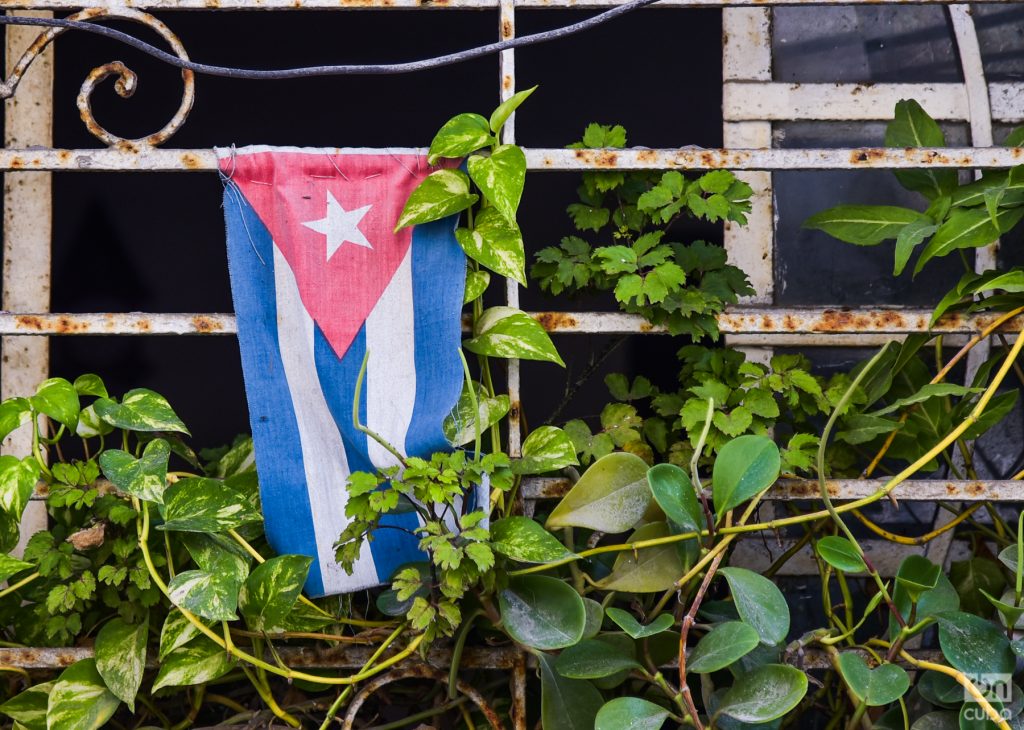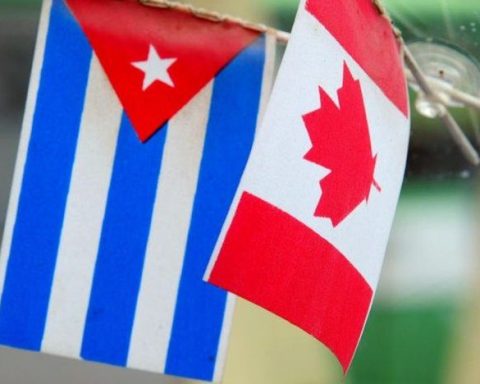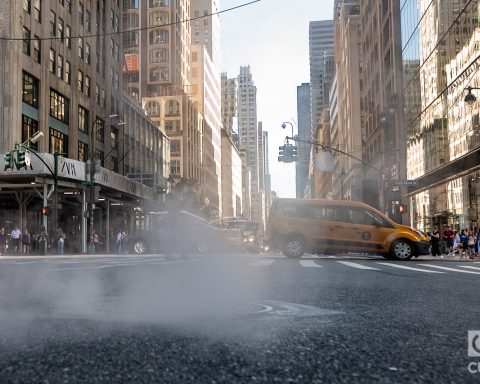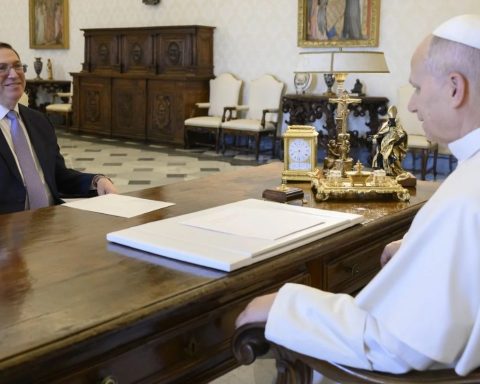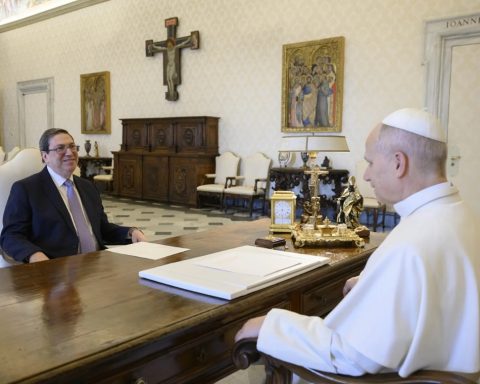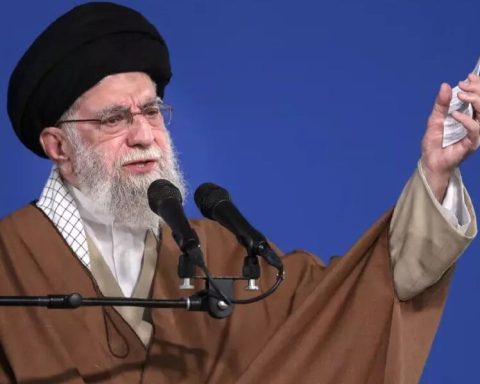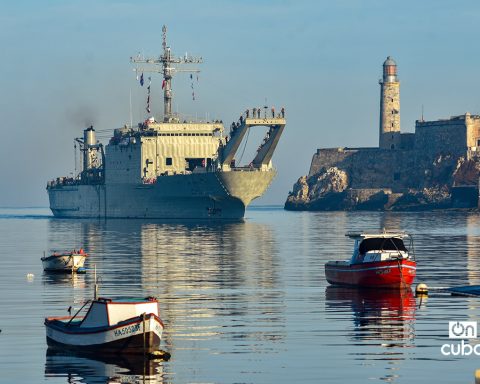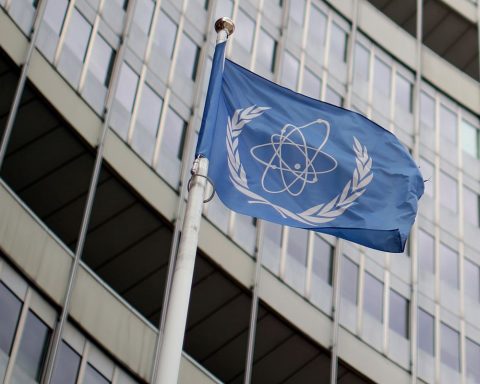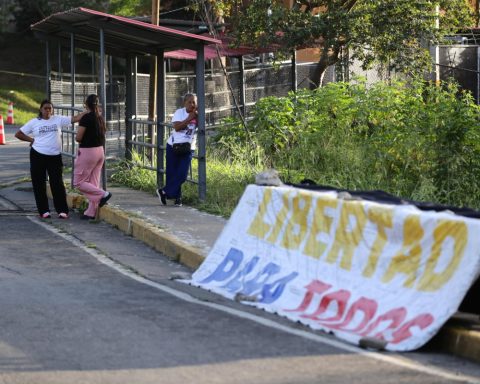Generally seen, the recent decision of opening internal trade to foreign investment is, in my opinion, a positive measure, in the direction in which the economy should move. In fact, it coincides with the proposal that several economists have supported and argued on various and numerous occasions for quite some time.
However, the problem is again the gradualness, the sequentiality, the slowness. The reform that the economy needs is comprehensive and fundamental, as well as urgent. A few measures here, a group there are no longer enough. And time is ticking. By the way, in this sense, the profound reform of the state company —the main sector, although not the only one of the economy— is essential and is still pending there. If there is no progress in these properties, everything else is blocked.
Opening internal trade to the participation of foreign investment is fundamental in the current situation of the country, where it is imperative to overcome shortages and inflation, in addition to encouraging production, which is a critical and essential point. This opening is the way (probably the only immediate one in this complex situation) to keep the markets reasonably stocked with the most diverse products, guaranteeing, of course, the benefits that this investment pursues; otherwise this would not be done. Hence, the first step is in the spaces of supply in currencies.
With a systemic vision, of market integration, with adequate and complete management of monetary, exchange and fiscal policy, the operation could also quickly cover the markets in national currency until all are integrated; hence the importance of a functioning and properly regulated foreign exchange market. Maintaining the supply of foreign currency is entirely possible as long as there is demand in the economy for those currencies. It is a market that if it articulates its cycle well, it finances itself, while at the same time it would leave important income for the country (via rent of spaces -which would be restored-, commercial taxes, etc.) to invest them in other priorities, among them contributing to the supply of the market in national currency, a determining point for the satisfaction of the needs of the vast majority of the population. Precisely because of the importance of these priorities —health, education, social security, the internal market, etc.—, it is so necessary to keep the MLC market supplied. It can be done and it should be done.
On the other hand, the possibility of connecting producers with a wholesale market that provides them with raw materials and means of production in general, is essential to encourage production, especially —although not only— in agriculture. This decision undoubtedly contributes to that, it is correct. But it can and should go further: why does the authorization to be extended to the retail market have to be “by exception” and “discretionary”? It is a step that will have to be taken sooner or later. What is the reason for dilating it at a time of so many shortcomings? Advancing in this direction does not put at risk the control of the State over the economy, nor does it favor the restitution of the hegemony of capital; that is, they are not measures that “by definition” favor a “capitalist restoration” of the Cuban economy. If things are done comprehensively and under correct and reasonable concepts and regulations, that risk does not have to exist.
Similarly, the insistence on the total control of the State over foreign trade does not facilitate the dynamics that the economy requires here and now. It is not demonstrable that this is, necessarily and “by definition”, the “most efficient” way for this commercial activity, fundamental for any economy, this depends on the operation involved, the scale, the sector, etc. Of course, the Ministry of Foreign Trade and its companies are essential structures and must deal with the strategic operations of the economy. But from there to taking charge and being obligatory intermediaries of whatever the economy needs to import or can export, there is a notable difference. Regulation must be differentiated from management, regulate everything, directly manage only what is justified.
Once again, I think the problem lies in the need to overcome absolute visions. There are important areas of the economy, both state and cooperative and private, that would benefit greatly from direct access to international markets, without this being unregulated or losing control over strategic operations that must remain in direct hands of the Condition. The blockade is there like the criminal aggression that it is. It continues to be an urgent task to counteract it by giving oxygen and dynamism to the economy, not maintaining unnecessary limitations that, far from counteracting it, make it more harmful.
On this subject, a controversy has arisen about whether the “foreign trade monopoly” is a “principle of socialism” and whether such a definition is in the thinking of classical Marxists, those who brilliantly thought more than a hundred years ago. years socialism as an alternative to the capitalist system of production. In this sense, I consider that it should be taken into account not only, but also, what appears in the classic texts, in addition to the historical experience, the advancement of technologies and the specific conditions of each country at each moment. Without this adequate combination of factors and reasons, any conclusion would not go beyond dogma. Of course the classical theory is very important. By the way, nowhere does it state that foreign trade should be a monopoly of the central state. The first thing to overcome are dogmas and paradigmatic paralysis. Socialism is a process of creation and construction.
Beyond what someone said or failed to say, there is evidence of what is better for the economy, for society, for progress, for social justice and inclusion in a specific place and at a specific time, than in this case is the Cuba of 2022, and from then on take the decisions that are necessary with audacity, knowledge, responsibility and commitment. If they had had those ties, if they remained tied to those atavisms, where would China and Vietnam be today?
Great thinkers must always be read, and done in depth, but also with critical capacity, without ties, as they themselves advised us so many times. If we were to stick to the letter of everything written, like the fanatics, then, for example, we would have to see that the classics conceived of socialism in developed countries and as part of an international process, not in underdeveloped and less isolated countries. From there, it is obvious that the conditions for Cuba could not be more different from those provided for in those texts. Is that why we are going to give up the need for socialism? Of course not, but we have to rethink what socialism is in these conditions, what is possible, without dogmas, how to move forward. And that, believe me, is not going to be found in any historical book, however important and essential it may be.
